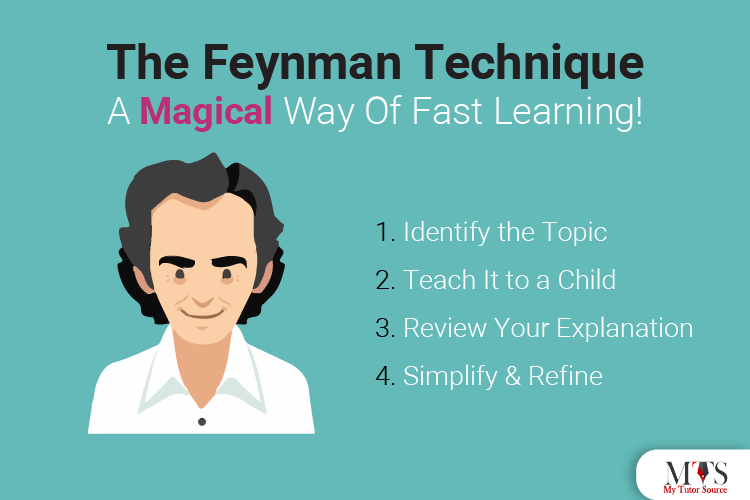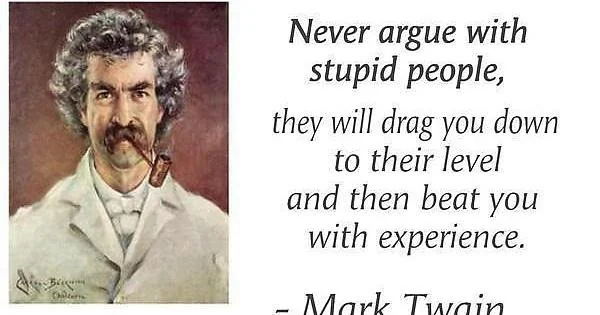0x1c8c5b6a
01
The Feynman Technique

The Feynman Technique is a powerful learning method developed by the renowned physicist Richard Feynman. It’s designed to help you deeply understand any subject by breaking it down and explaining it in simple terms. Here’s a breakdown of the technique:
The Core Idea:
- The fundamental principle is that “if you can’t explain it simply, you don’t understand it well enough.” By attempting to teach a concept to someone else, you uncover gaps in your own understanding.
The Four Steps:
- Choose a Concept:
- Select the topic you want to learn. Write it at the top of a blank sheet of paper.
- Teach It:
- Explain the concept in your own words as if you were teaching it to someone who has no prior knowledge of the subject (e.g., a child).
- Use simple language and avoid jargon.
- The act of teaching forces you to organize your thoughts and identify areas where your understanding is weak.
- Identify Gaps and Review:
- As you teach, you’ll inevitably encounter areas where you struggle to explain or where you realize you don’t fully understand.
- Go back to your source material (textbooks, notes, etc.) and restudy those areas.
- Fill in the gaps in your knowledge and refine your explanation.
- Simplify:
- Simplify your explanation further.
- If you’re still using complex terminology, find simpler analogies or examples to illustrate the concept.
- The goal is to explain the concept in the clearest, most concise way possible.
Why It Works:
- Active Learning:
- The Feynman Technique promotes active learning, which is far more effective than passive learning (e.g., simply reading or memorizing).
- Identification of Weaknesses:
- It forces you to confront what you don’t know.
- Deep Understanding:
- By explaining concepts in your own words, you build a deeper, more meaningful understanding.
- Improved Retention:
- Active recall and simplification enhance long-term memory.
In essence, the Feynman Technique is a valuable tool for anyone who wants to learn more effectively.
It’s great you’re interested in the Feynman Technique! It’s a truly powerful learning tool. Here’s a deeper dive into some of the nuances and benefits:
Beyond Basic Understanding:
- Building Mental Models:
- The technique isn’t just about memorizing facts. It’s about constructing robust mental models of how things work. When you can explain a concept simply, it means you’ve integrated it into your existing understanding of the world.
- Developing Critical Thinking:
- By forcing you to simplify complex ideas, the Feynman Technique sharpens your critical thinking skills. You learn to identify the core components of a concept and distinguish them from extraneous details.
- Boosting Confidence:
- Mastering a difficult subject through this method can significantly boost your confidence. When you realize you can explain something clearly, you gain a sense of mastery.
Practical Applications and Tips:
- Using Analogies and Examples:
- Don’t be afraid to use analogies and real-world examples to illustrate your points. This can make complex concepts more relatable and easier to understand.
- For example, when explaining electrical circuits, you might use the analogy of water flowing through pipes.
- Visual Aids:
- Draw diagrams, charts, or other visual aids to support your explanations. Visual representations can often clarify complex relationships more effectively than words alone.
- “Teaching” to Different Audiences:
- Try explaining the same concept to different “audiences” with varying levels of prior knowledge. This can help you refine your explanations and identify areas where you need to simplify further.
- For example, explain it to a child, then explain it as if you were talking to a peer.
- Iterative Process:
- The Feynman Technique is an iterative process. Don’t expect to master a concept on your first try. Be prepared to revisit the material, refine your explanations, and fill in any gaps in your knowledge.
- Application in Various Fields:
- While often associated with science and mathematics, the Feynman Technique can be applied to any subject, including history, literature, and even practical skills.
Key Benefits Summarized:
- Deepens understanding: Moves beyond memorization to true comprehension.
- Identifies knowledge gaps: Reveals what you don’t know.
- Improves retention: Enhances long-term memory.
- Develops critical thinking: Sharpens analytical skills.
- Boosts confidence: Fosters a sense of mastery.
- Enhances communication: Improves your ability to explain complex ideas.
I hope this expanded explanation is helpful!


